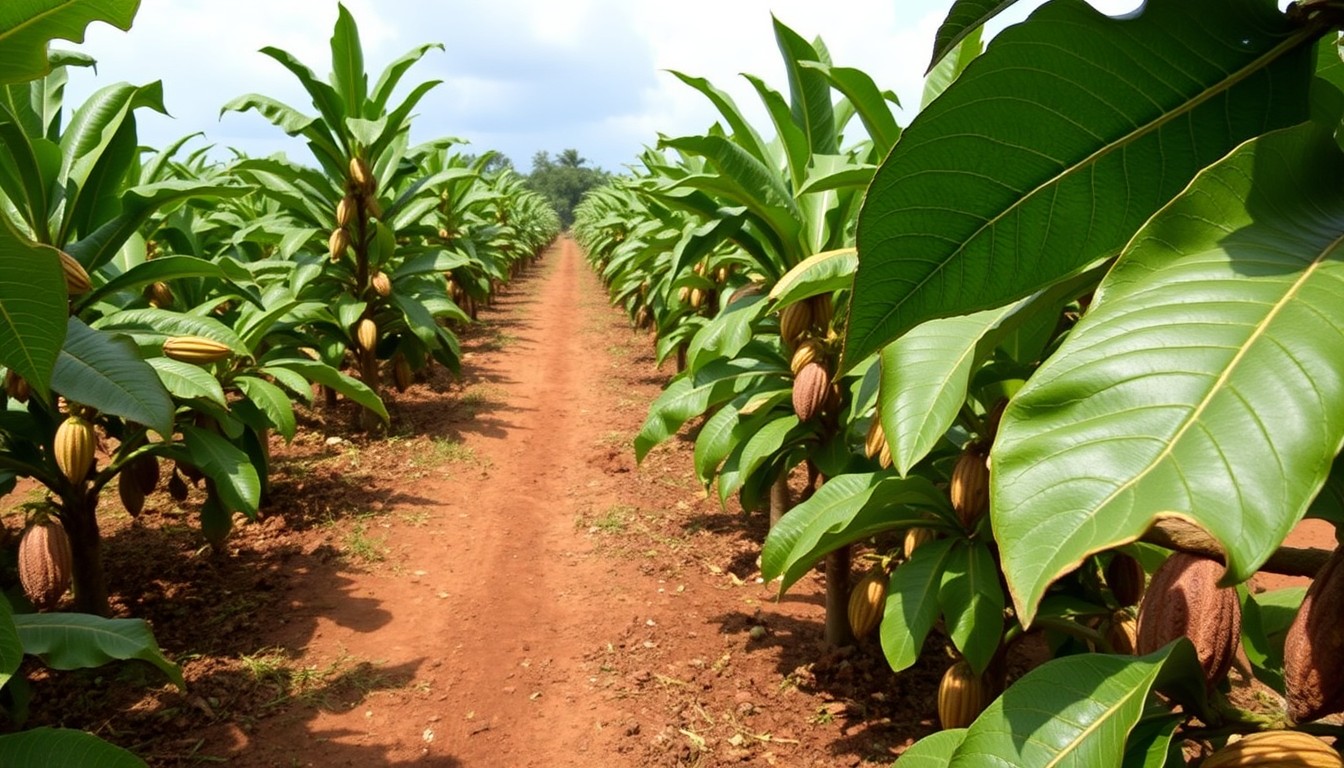Ghana's Economic Growth: Rapid GDP Surge Amid Global Challenges

Amid global economic difficulties and instability, Ghana is showcasing impressive growth in its gross domestic product (GDP). According to the latest data, the country's economy grew by 5.3% in the second quarter of 2024, marking the most significant growth rate in the past five years. This figure surpasses previous economists' forecasts, which anticipated economic growth at around 3.8%.
The primary drivers of such high growth were strong performances in agriculture and manufacturing sectors. Specifically, agricultural yields have significantly increased due to improved weather conditions and the adoption of new technologies. The prosperity in the mining sector also notably impacted overall economic growth, as the prices for gold and cocoa—two of the nation’s key export products—remained high throughout the reporting period.
However, despite these positive outcomes, Ghana still faces a number of challenges. Inflation in the country remains high, affecting the purchasing power of the population. Furthermore, the government continues to grapple with debt and budget deficits, which could hinder further growth.
Experts recommend that the Ghanaian government implement measures aimed at stabilizing the economy and reducing inflation to support sustainable development and enhance the living standards of citizens. Economic forecasts remain optimistic; however, observers urge caution, pointing to external economic risks that may impact long-term growth prospects.
Thus, despite the existing challenges, Ghana continues to demonstrate resilience and the potential for further economic growth, which is encouraging for both local residents and international investors.
#Ghana #GDP #EconomicGrowth #Inflation #Agriculture #Mining #Exports #Investments #Economy #Development #Growth


